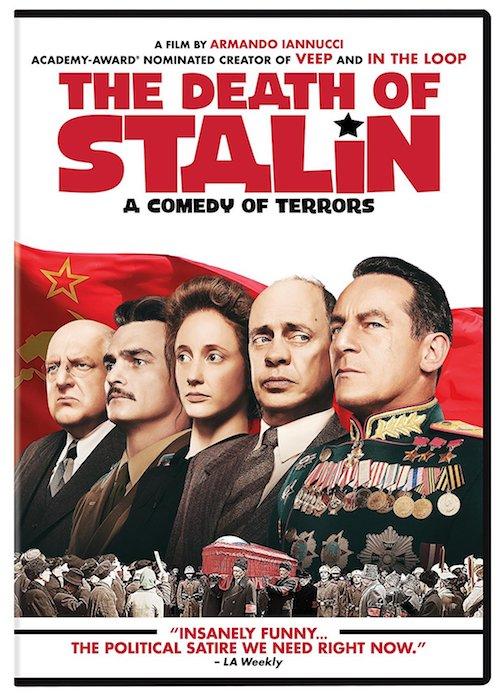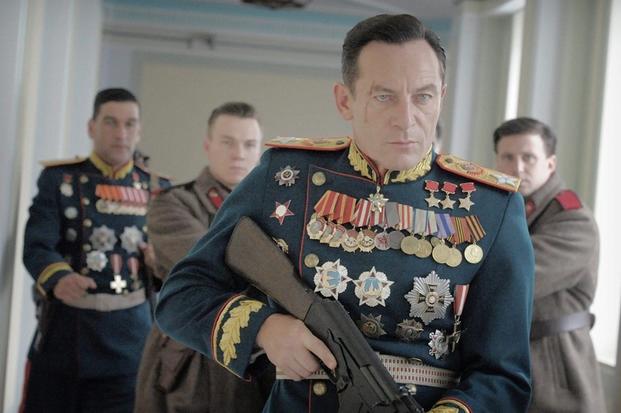Writer/director Armando Iannucci's movie "The Death of Stalin" (out now on DVD and Digital HD) is a comedy about the political power moves in the hours and days after the Soviet leader's death 1953.
That description doesn't really explain what the movie's about. Like all of Iannucci's work ("VEEP," "The Thick of It," "In the Loop"), it's about the vain, petty, insecure and greedy men and women who seek power.
Iannucci got his start working with Steve Coogan on the comic's Alan Partridge character, a vain, petty, insecure and greedy British TV host. He soon found the parallels between celebrity and politics and he's since given us some of our time's sharpest political satire.
What makes "The Death of Stalin" work is that all of these bad character traits are set against the actual horrors of the Stalin regime. Real murder, torture and political persecution are happening in an offhand way while the lead characters pursue their self-centered struggle to succeed the leader.
Steve Buscemi gives a brutally foul-mouthed performance as Nikita Khrushchev and it's still fun to watch his power moves even if you already know who wins this battle. Jeffrey Tambor, Michael Palin, Simon Russell Beale, Andrea Riseborough, Rupert Friend and Jason Isaacs also star.
No one attempts a Russian accent, so everyone is speaking in something relative to his or her normal voice. As with all of Iannucci's work, the pace is relentless and the foul-mouthed dialog highlights the worst impulses of his characters.
It's a world where no one really has a plan and everyone is reactive. Panic drives the action. The movie's special features take pains to remind us that this film has been in the works for many years and anyone who's seen the director's earlier work will realize that his attitude towards the men and women in power has been consistent for decades.
So "The Death of Stalin" is not about any particular leader, no matter how much anyone might want to joyfully point a finger or feel really persecuted. In Iannucci's world, power corrupts everyone.






